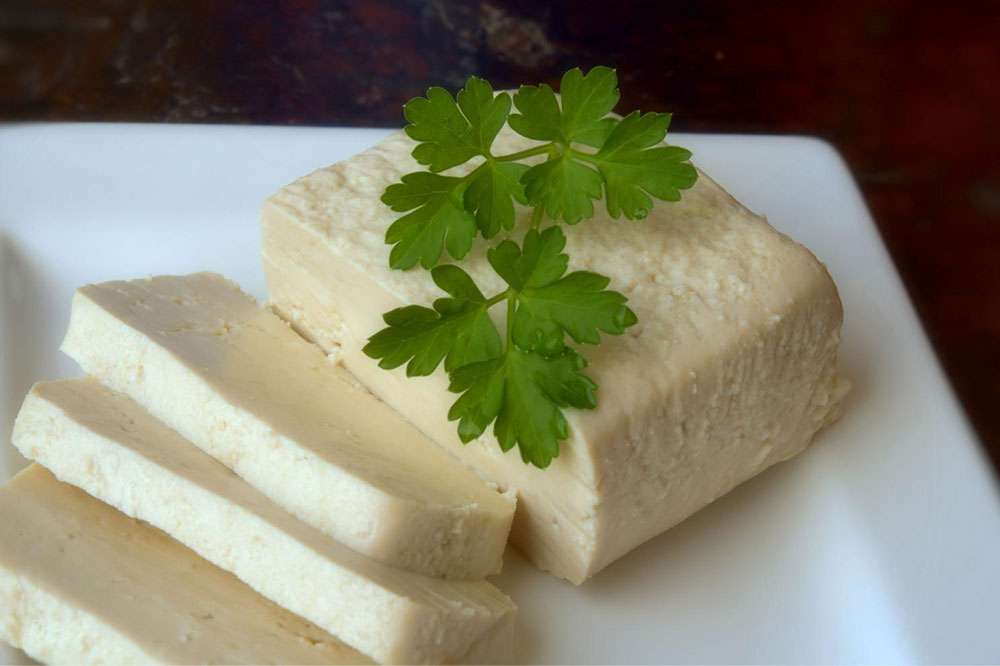Benefits of Iron-rich Foods and the Effects of Eating Too Much
Iron is necessary for us to remain healthy. It helps the body’s cells and tissues work well and ensures every organ receives oxygen. Sadly, many people don’t eat iron-rich foods and struggle with anemia and iron deficiency. But which foods exactly are high in this nutrient? Here, we’ll discuss some of the most incredible foods high in iron, their health advantages, and what can happen if you eat too much.
Foods that contain iron
Before we look at the top foods with iron, understand that there are two different types of this nutrient. You’ll find heme iron in animal meats and non-heme iron in plant-based meals.

The following is a handy iron-rich foods list you can refer to:
- Beef, lamb, and pork have heme iron, which the body may readily absorb.
- Chicken and turkey are excellent poultry options for heme iron.
- Oysters, clams, prawns, salmon, and tuna are best for seafood lovers.
- Vegans may fill their plates with lentils, chickpeas, kidney beans, and soybeans, all top-notch sources of iron.
You can ensure you get the iron your body needs every day by including a range of these iron-rich foods in your meal plan. Choose from various yummy alternatives, depending on whether you’re vegan or a meat eater. These foods help the body function effectively by helping it produce red blood cells and transporting much-needed oxygen to different body regions.
Advantages of high-iron meals
Foods high in iron provide a variety of positive health effects. Here are a few wonders this nutrient works in the body:
Prevents anemia
Red blood cells (RBCs) transport oxygen throughout the body. Since iron helps make RBCs, lacking it can lead to a shortage of these cells. When the blood does not have enough RBCs, it’s diagnosed as anemia. To prevent this condition, people must eat sufficient iron foods like nuts and seeds.
Increases energy levels
Ever felt like you don’t have the energy to work or play? Fatigue and weakness can result from a lack of iron in the body. So, eat iron-rich meals to increase energy levels and reduce weariness.
Improves the immune system
Iron is essential for ensuring the immune system operates correctly. White blood cells (WBCs), which are vital for battling infections and illnesses, are made with the assistance of this nutrient.
Promotes brain function
Iron is necessary for the brain to operate correctly. It helps the organ get the oxygen it needs to think and coordinate.
Aids in muscular function
Iron is essential for healthy muscle function. It ensures the muscles get the oxygen they need to support movement.
Essential for fetus growth
Iron is vital for a fetus’s overall growth during pregnancy. If the mother has a shortage of this nutrient, it can disturb the unborn child’s development and lead to premature birth.
The next time you struggle with something like anemia or fatigue, check whether it’s because of a lack of iron. If so, add one or more iron food sources to your nutrition plan and be on your way to recovery.
The disadvantages of eating more iron than required
Even though iron is a necessary nutrient for many physiological processes, consuming more than necessary can have negative effects. The following are some possible drawbacks of too much iron in the body:
Digestive problems
Excess iron can lead to constipation, diarrhea, vomiting, nausea, and other tummy troubles.
Interference with other nutrients’ absorption
Overconsuming this nutrient can block the absorption of other minerals, like calcium, magnesium, and zinc. This means your body could have less of these nutrients.
Risk of chronic illnesses
Eating too many iron-rich foods may increase your chances of developing chronic illnesses like diabetes, heart disease, and cancer.
Iron toxicity
A lot of iron in the body can lead to a problem called iron toxicity. It can harm the pancreas, heart, and liver and lead to fatigue, joint pain, and stomach pain.
Risk of infections
Since iron is necessary for bacteria and viruses to live and grow, eating too much of it can make infections more likely.
These negative effects usually result from enjoying too many red meats and foods fortified with iron. We understand that it can be hard to know just how much iron you need. But instead of experimenting yourself, consult a certified health expert. They can explain which foods high in iron are best for you and how much to include in your food plan. Sure, iron can make you strong and protect your muscles, but it can also lead to infections and pregnancy difficulties.

